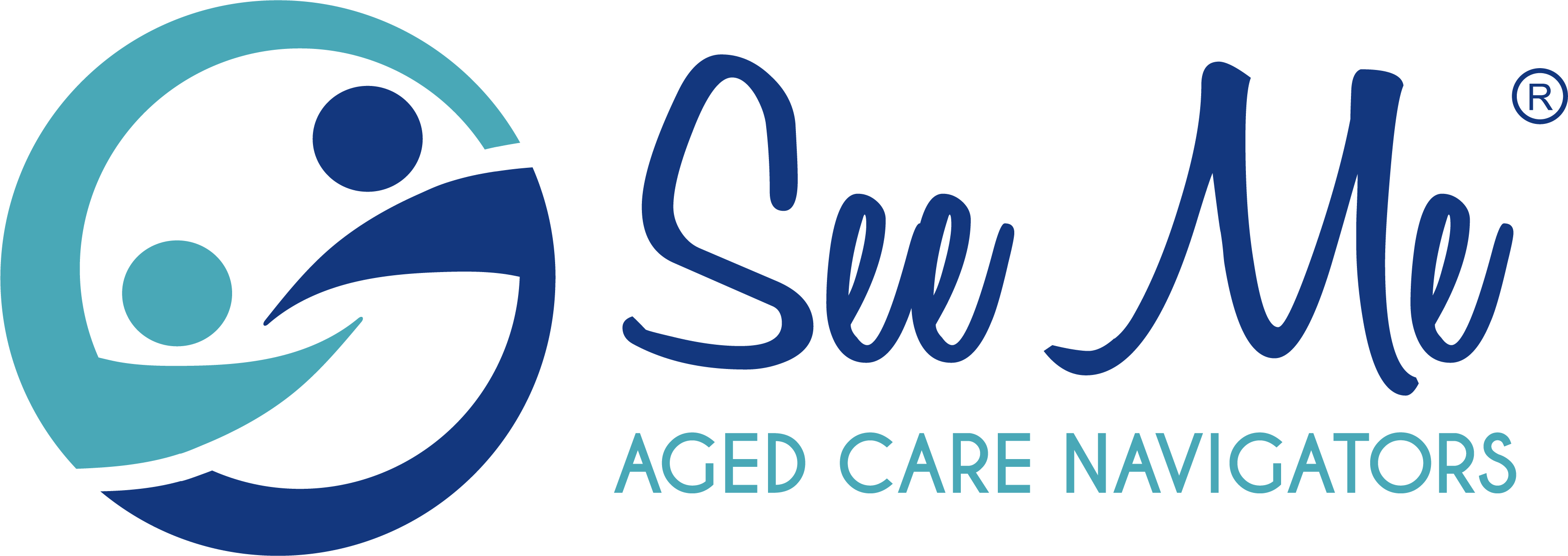Should you contact My Aged Care now and be registered for support at home?
When people ask us this question, we suggest they reflect on everyday tasks that other people are helping them with.
You might have your grandchildren mowing the yard for you, or your family has arranged a mowing contractor to come to your home.
Your family might be cooking meals for you and putting them in the freezer so you only need to heat them up, if you've lost interest in cooking.
And your family might have sourced a cleaner for you, because you have a big house and it's too much for you to clean it anymore.
Does your adult son or daughter collect your groceries for you or take you to appointments because you've stopped driving?
Are you struggling to hang out the heavier items of laundry, the wet sheets and towels?
Is your balance becoming unsteady, are you losing your confidence with mobility and have you had any falls?
All these reasons, all these day to day tasks that you're relying on others for, are reasons to register with My Aged Care and see what programs of in-home support you're eligible for.
What happens when you call My Aged Care?
When you call
My Aged Care (MAC) you will be contacting a call centre.
The people who answer the phone are call centre staff. They are not clinicians and they are likely to live in a location different to you, that is, the people you are speaking with at My Aged Care may not be local to your area.
They are unaccustomed to the local service provision in any given region (unless perhaps they have experienced it for themselves).
What questions will they ask?
The call centre staff will ask you many questions to determine how much assistance you need from day to day.
The questions will focus on
- Domestic activities of daily living, like cooking, shopping, cleaning
- Personal activities of daily living, like grooming, showering, toileting and medications administration
- Instrumental activities of daily living, such as driving and paying bills for example.
It's very important you've taken the time to reflect on what support your family, friends or neighbours are providing, because this reflects a 'level of care' and will guide the person you're speaking with, which assessment team they will forward your referral to.
Prepare for the conversation.
It's advisable you write down all the support people are offering you.
How you answer these questions will determine if My Aged Care refer you for an assessment with either a Regional Assessment Service (RAS) or the Aged Care Assessment Team (ACAT).
The RAS assess for entry level services and support under Commonwealth Home Support Programme (CHSP).
The ACAT assess and approve for Home Care Packages, Short Term Restorative Care, Transition Care Programme and respite at or entry into Residential Aged Care Facilities.
If you're managing ok at home and just need some help to mow the yard or clean your house, that sits appropriately at entry level, and you'll have a RAS assessment to be approved for CHSP services.
If you are caring for a loved one and they are dependent on you to assist them with their activities of daily living, then you are more likely to be heading towards an ACAT assessment.
If you think you fall within the scope of an ACAT assessment, then you need to think honestly about how you are going to answer the questions.
Don't be stoic
We often hear people say, I'm ok, “I'll do something about it when I really need the help.”
Circumstances can change quickly and if you leave it too long, it can sometimes limit your options for the programs of support that will allow you to remain at home.
Be real
Be honest about the amount of support you're needing from others. Often people are unaware they are relying so much on family, and the family are too polite to say it is becoming difficult. This situation is moving towards carer stress.
It's important to have honest conversations about the toll it is taking if you're supporting older loved ones.
These are the key points to convey when speaking with My Aged Care
Describe in detail everything you assist your ageing loved one with.
Think about helping them get out of bed or get out of a chair.
- Think about putting their wheelie walker in front of them when they want to go for a walk.
- Think about helping wash or dry them during a shower.
- Think about preparing meals for them, taking them shopping, helping them pay bills and accompanying them to appointments.
- And especially consider overnight assistance. If you need to get up during the night to assist your loved one then this is an ‘alarm bell’ reflecting a higher level of dependency.
- If you need to remind your ageing loved one to take their tablets every morning or evening.
- If your loved one cannot do these things for themselves we are now looking towards a comprehensive assessment with an ACAT assessor.
Continence.
- Continence is a big ticket item…and one that people are very reluctant to talk about.
Ensure you convey any incontinence, even if it is infrequent…because it is unlikely the continence issues will improve and continence is one of those ‘markers’ we in older persons care look at when determining ‘level of care’. - Also, some GPs do not know that their patient is incontinent, because it’s kind of embarrassing for some people to disclose…you'll need to move past the discomfort on this topic, this is important.
If the GP is making the referral to My Aged Care, ensure the GP knows about continence issues
Cognition
Another ‘big ticket item’. If your ageing loved one has issues with their memory, regardless of if they do or don’t have a diagnosis of dementia, you need to convey your concerns.
Again, impaired cognition is something we look at when we are establishing the level of dependency an older person requires in their activities of daily living.
I cannot stress enough that if your ageing loved one’s GP is unaware of memory issues, then you need to highlight this with them if they are the person who will generate the referral to My Aged Care
So reflecting on when the right time is to contact My Aged Care, it's when you've thought about what you're relying on others for, their capacity to continue to provide that assistance and having a discussion with your family, writing down all the help you're needing and then taking the time to call My Aged Care and be registered to receive an assessment.

